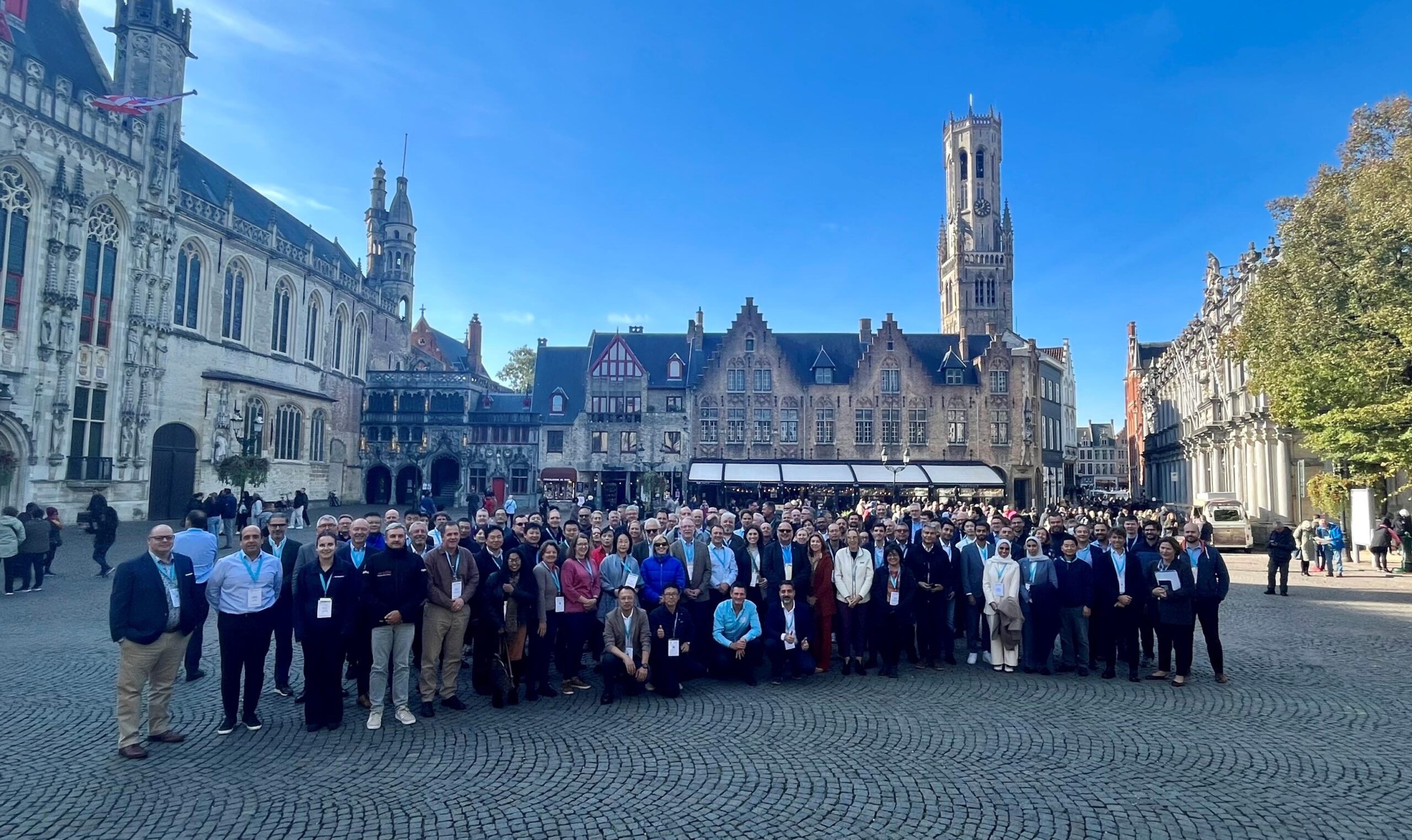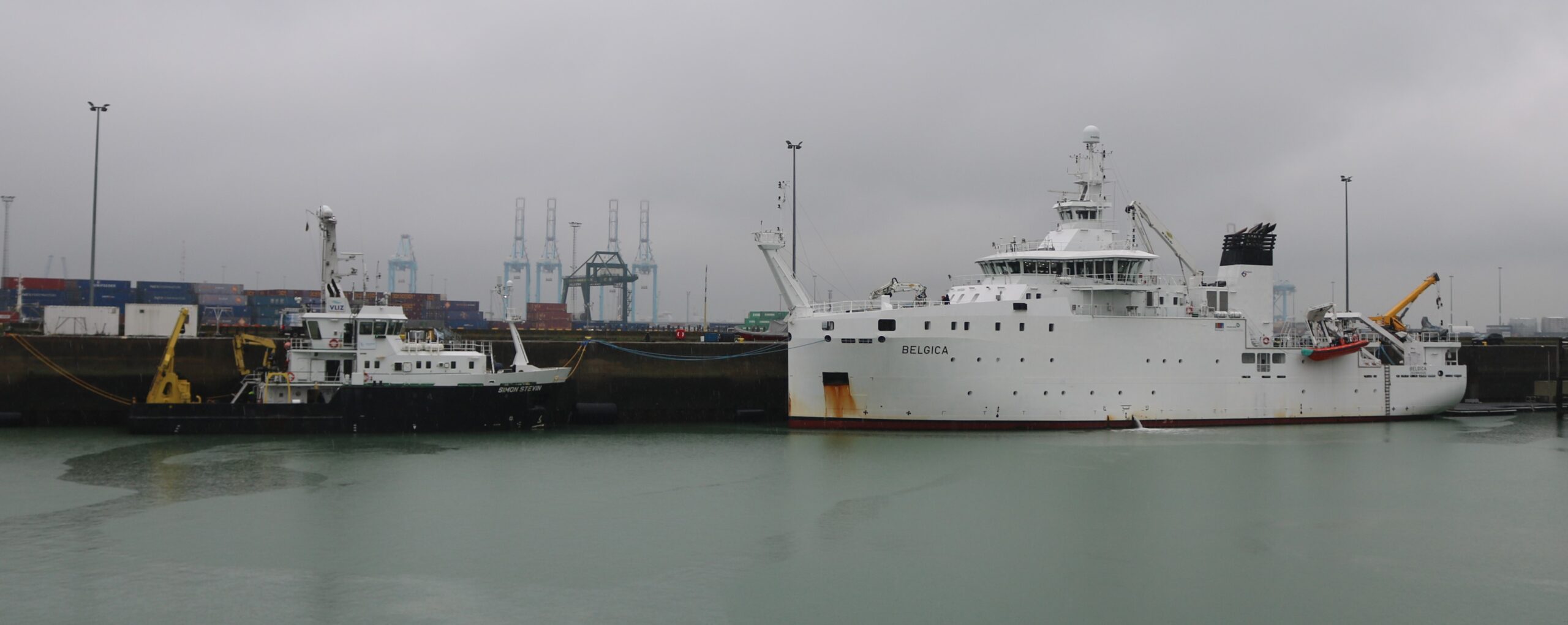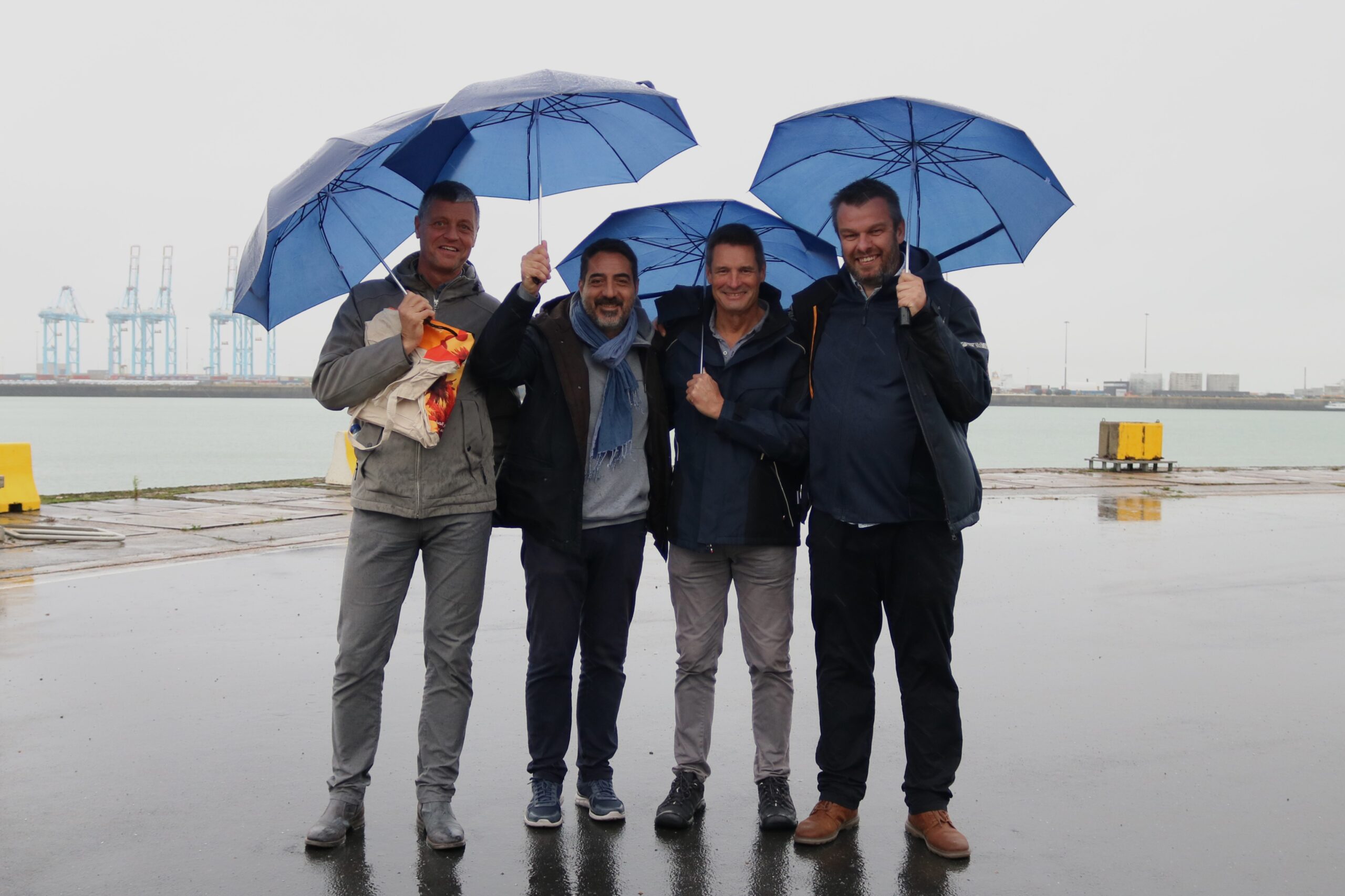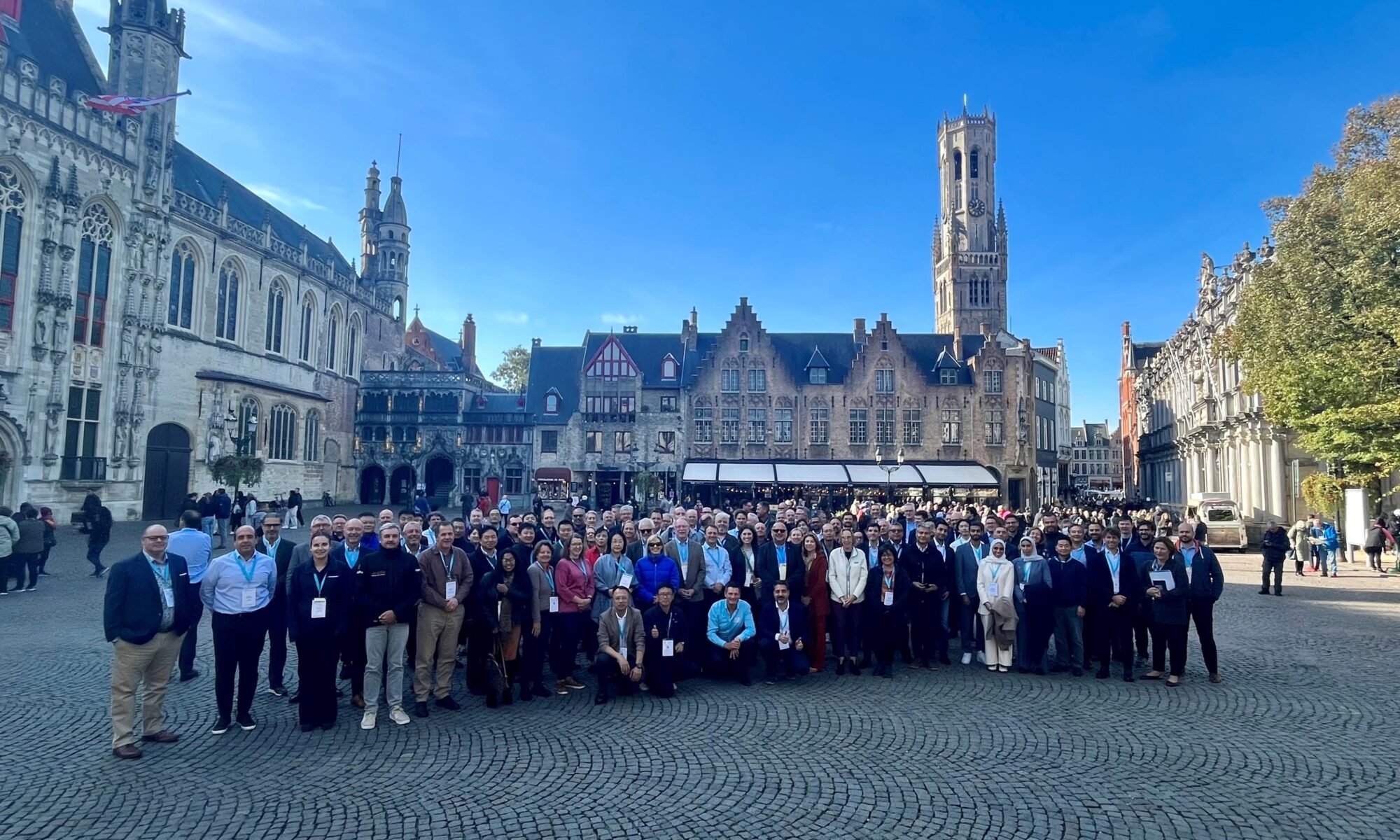From 16 to 20 October 2023, the UNESCO world heritage city of Bruges was the scene of the 34th annual meeting of the International Research Ship Operators. The meeting was organised by the Institute of Natural Sciences and the Flanders Marine Institute. 129 participants attended the meeting to share information and solve problems of common interest. Improving support for the marine scientific community’s research efforts at sea is always a key focus.

The International Research Ship Operators (IRSO) forum brings together research ship operators representing 49 organisations from 30 countries. Together, they operate more than 100 of the world’s leading marine science research vessels. Membership of IRSO is open to all organisations operating research ships and national research programmes that collect data from ships at sea and follow established protocols for the open publication of their results.
IRSO was founded in 1986 and since then has had annual meetings organised by and in participating countries. In 2023, the Institute of Natural Sciences, operator of the RV Belgica, and the Flanders Marine Institute, operator of the RV Simon Stevin, took care of the organisation. Together, they also guarantee the Belgian representation in IRSO. 129 participants travelled to Bruges for this 34th IRSO meeting. Besides plenary sessions and some specific workshops, which took place at the Bruges Grand Hotel Casselbergh, the programme also included some social activities. A visit to the research vessels RV Belgica and RV Simon Stevin was, of course, a must. For this occasion, both ships were docked at the Zeebrugge Naval Base on Friday 20 October.

Objectives of the annual meeting
Sharing successful experiences (best practices) in the design and operation of research vessels and scientific equipment are among the main objectives of the annual IRSO meeting.
“These meetings allow efficient sharing of information and resolution of problems of common interest. This allows the marine scientific community’s research efforts at sea to be ever better supported” clarifies Greg Foothead, chairman of IRSO and General Director of New Zealand’s NIWA Vessel Management Ltd.
Giuseppe Magnifico, IRSO vice-president and Deputy Director of the Italian Consiglio Nazionale delle Ricerche (CNR) completes, “IRSO also acts as a voice to promote the research ship community and provides expert advice to other bodies as required.”
Additional benefits
However, IRSO also goes a step further than keeping each other informed about experiences and developments in national research fleets. “Being active within IRSO sometimes also results in actual collaborations and in the exchange of ship time and equipment between institutes and countries,” says André Cattrijsse, Head of Research Infrastructure at the Flanders Marine Institute.
“Moreover, this strategic exchange of knowledge and experience is crucial in an era of declining budgets, while the need for knowledge of coastal seas and the ocean and their relationship with humans is rapidly increasing.” stresses Lieven Naudts, coordinator of the RV Belgica and head of the Ostend Measurement Service at the Institute of Natural Sciences.

IRSO also initiates projects of common interest to its members. For example, a code of conduct for marine research vessels was developed and IRSO contributed to the creation of the OCEANIC database for research vessels at the University of Delaware. IRSO also sponsors workshops and working groups, such as the biennial International Marine Technician’s Workshop (INMARTECH).

